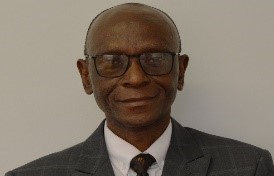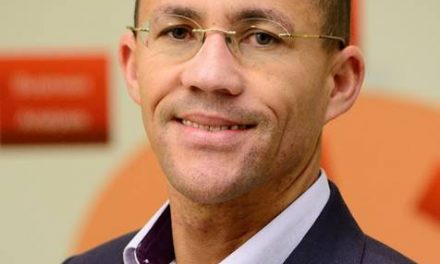
What does an innovation consultant do? Part 2.
![]() I am busy discussing the innovation consultant profession. Previously I argued the raison d’etre for innovation consultants and concluded that the skills that innovation consultants provide to organisations are that they are experts at designing and implementing effective innovation methods and projects, and facilitating collaborative processes that enable people to solve complex problems and create breakthrough solutions. In this article I want to go into more detail on the specific methodologies and tools innovation consultants apply to create value for organisations.
I am busy discussing the innovation consultant profession. Previously I argued the raison d’etre for innovation consultants and concluded that the skills that innovation consultants provide to organisations are that they are experts at designing and implementing effective innovation methods and projects, and facilitating collaborative processes that enable people to solve complex problems and create breakthrough solutions. In this article I want to go into more detail on the specific methodologies and tools innovation consultants apply to create value for organisations.
Tools of the trade
In my view, the innovation consultant must have a solid understanding of the client organisation’s strategy, because as you probably know by now, I feel very strongly that to innovate sustainably, innovation efforts must be aligned to the organisation’s strategy. So the innovation consultant has to be able to “interpret” the organisation’s strategy into an innovation “master plan”. Skills applied here are the ability to lead collaborative planning processes and scenario planning. The other important requirement for innovation is the right culture. So the consultant must be able to assess the organisation’s culture and determine the readiness for innovation, and counsel on how behaviours and values must be transformed to mobilise the innovation master plan. There are also many measurement instruments available that have been developed specifically for this purpose. Innovation and change are synonymous and innovation consultant whose worth his/her salt must have a solid understanding of change management in an organisational environment.
Also very important is the ability of the consultant to advise the organisation on the innovation processes that need to be established. This is the part of the master plan where innovation must be entrenched as a business discipline, a viewpoint which I also support very strongly. The tools utilized for this function are business process mapping and analysis, systems thinking and a good dose of creativity.
To take it one step further to explain what an innovation consultant does practically, what follows is a list of deliverables for an actual consulting engagement I was involved in: Drafting and subsequent approval of the organisation’s innovation manifesto; Proposing and gaining approval of the framework for innovation; Developing a unique definition of innovation for the organisation; Alignment of innovation efforts to the organisation’s strategy; Defining the dimension of business performance on which the organisation will focus innovation; Defining the drivers for innovation; Choosing an appropriate innovation approach; Defining the business imperatives on which innovation will focus; Set up and entrench an innovation process model; Outlining how the organisation must organise to accomplish innovation; Construct a measuring instrument to evaluate innovation maturity; Identifying and implementing a suitable innovation process management system; Assisting the organisation with identifying potential brainstorming campaigns and marketing of these campaigns to the employees; Assisting with the evaluation of ideas submitted; Following up and reporting on idea development and implementation; Assisting and making of recommendations on how to improve the innovation journey within the organisation; Training of employees in the use of innovation techniques and best practices; Project management training and implementation of a organisation wide project management system. This is a mouthful, but it was a slow process and I spent almost two years with the organisation to put all of this in place.
Next Time
In this article I focused on the “tools of the trade” for innovation consultants. Last week I came across a fascinating and very insightful article on how organisations are doing a lot of things that might look like innovation, but they are actually faking it, and I want to dwell more into this phenomenon next time. I conclude with a captivating quote from Bono, the outspoken humanitarian and lead singer of U2: “We thought that we had the answers, it was the questions we had wrong”.











































